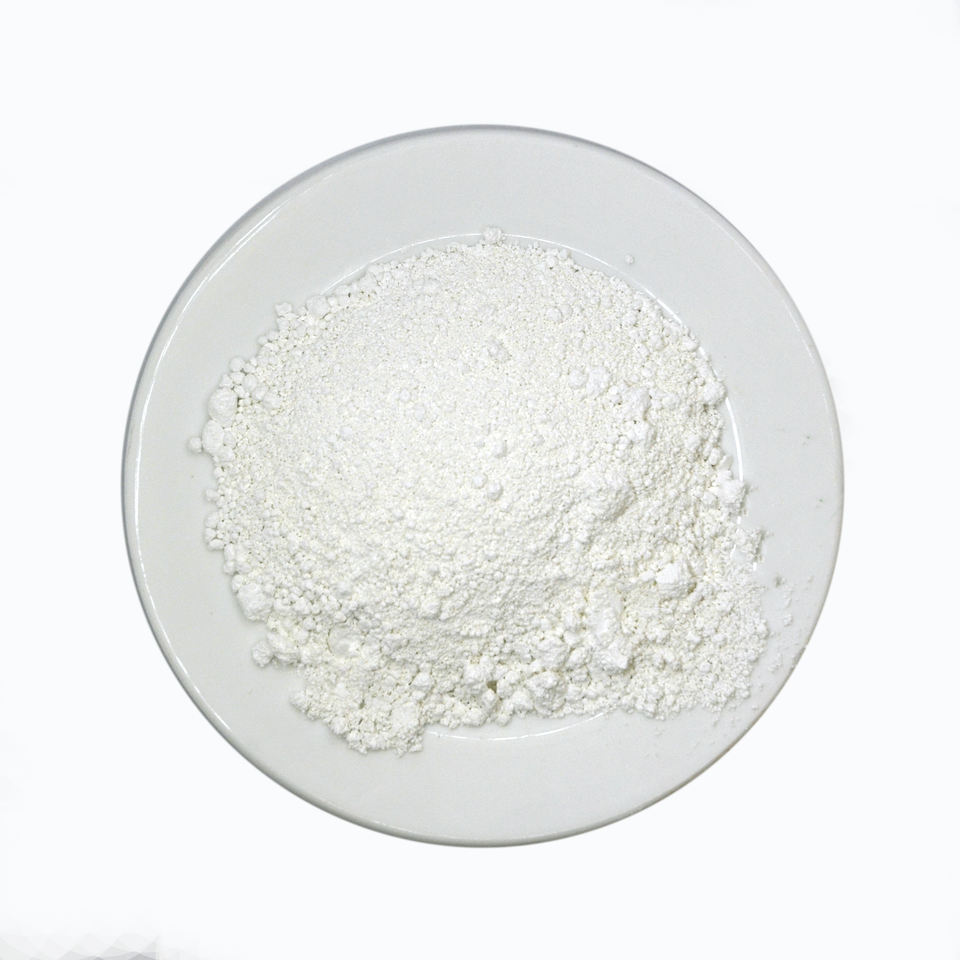
Applications and Benefits of Kaolin Clay Powder in Various Industries
The Versatility of Kaolin Clay Powder An In-Depth Exploration
Kaolin clay powder, often simply referred to as kaolin, is a naturally occurring material derived from the weathering of aluminum silicate minerals. Its name is derived from the Chinese word Gaoling, which means high hill, where the clay was first discovered and mined. Renowned for its purity and unique properties, kaolin has found numerous applications across various industries, making it a remarkable mineral in both ancient and modern times.
At its core, kaolin is primarily composed of kaolinite, a silicate mineral that imparts a fine, white powder when processed. This well-known clay comes with a host of beneficial characteristics, including low shrink-swell capacity, excellent plasticity, and good workability. These properties make kaolin clay powder an invaluable asset in industries ranging from ceramics to cosmetics.
In the ceramics industry, kaolin clay serves as a crucial component in the manufacture of porcelain and stoneware. Its whiteness and ability to withstand high temperatures make it ideal for producing high-quality ceramics that exhibit durability and an attractive finish. Notably, kaolin contributes to the smooth surface texture of ceramic products while also enhancing their structural integrity. Artisans and manufacturers alike appreciate its capability to enhance moldability, allowing for intricate designs in ceramic art.
In the world of cosmetics and skincare, kaolin clay is celebrated for its myriad of skin benefits. It is a common ingredient in facial masks, cleansers, and various beauty products, known for its ability to absorb excess oil and impurities from the skin. Because of its gentle nature, kaolin is particularly suitable for sensitive skin types, offering a purifying effect without excessive drying. Regular use of kaolin-based products can lead to improved skin clarity, reduced blemishes, and a more balanced complexion.
Additionally, kaolin clay's absorbent properties extend beyond cosmetics into agriculture. It is used as a feed additive in livestock farming due to its ability to absorb toxins and support digestive health. As an eco-friendly solution, kaolin can improve soil quality and retain moisture when used as a soil amendment, thereby enhancing plant growth and resilience.
kaolin clay powder

In the paper industry, kaolin clay powder plays a vital role in the production of high-quality paper products. It is utilized as a coating pigment to produce a smooth finish and improve brightness in paper products. The presence of kaolin contributes to enhanced printability and color consistency, making it a desirable material for manufacturers aiming to produce superior paper that meets market demands.
Moreover, the building and construction industries harness the capabilities of kaolin clay to formulate various construction materials. It is used as a filler in paints, sealants, and adhesives, where its fine texture and resistance to weathering bolster product performance. Kaolin also contributes to fire resistance in some construction applications, adding another layer of safety and durability.
Importantly, the sustainability aspect of kaolin clay cannot be overlooked. As a naturally occurring mineral, kaolin clay is often sourced through environmentally responsible mining practices. Its abundant availability and minimal environmental impact make it a preferred choice within industries seeking sustainable material options.
Kaolin clay powder's multifaceted nature demonstrates its importance across various sectors. From ceramics to skincare, agriculture to construction, kaolin offers a wide range of benefits that cater to both consumer needs and industrial requirements. Its unique properties, coupled with environmentally friendly sourcing, position it as a vital mineral in our everyday lives. As industries continue to innovate and explore new applications, the relevance of kaolin clay powder is only set to grow, showcasing its timeless appeal in a rapidly evolving world.
In conclusion, the diverse applications and invaluable benefits of kaolin clay powder make it an essential material deserving of recognition. Whether enhancing the beauty of ceramics or providing skincare solutions, its role in society is significant and enduring. As we further delve into the potential of this remarkable mineral, it is clear that kaolin will continue to play a pivotal role in both historical and contemporary contexts.
Share
-
Premium Resin Coated Sand - High Heat Resistance CastingNewsJul.31,2025
-
High Quality Silicon Carbide Grit for Abrasive ApplicationsNewsJul.30,2025
-
High-Quality Ceramsite for Plants & Gardening | Lightweight PebblesNewsJul.29,2025
-
Premium Burgundy Glass Marbles for Vases & Shooter GamesNewsJul.29,2025
-
High Purity Quartz Sand for Industrial and Ground ApplicationsNewsJul.29,2025
-
High-Quality Barite Powder for Drilling & Industrial UseNewsJul.29,2025






